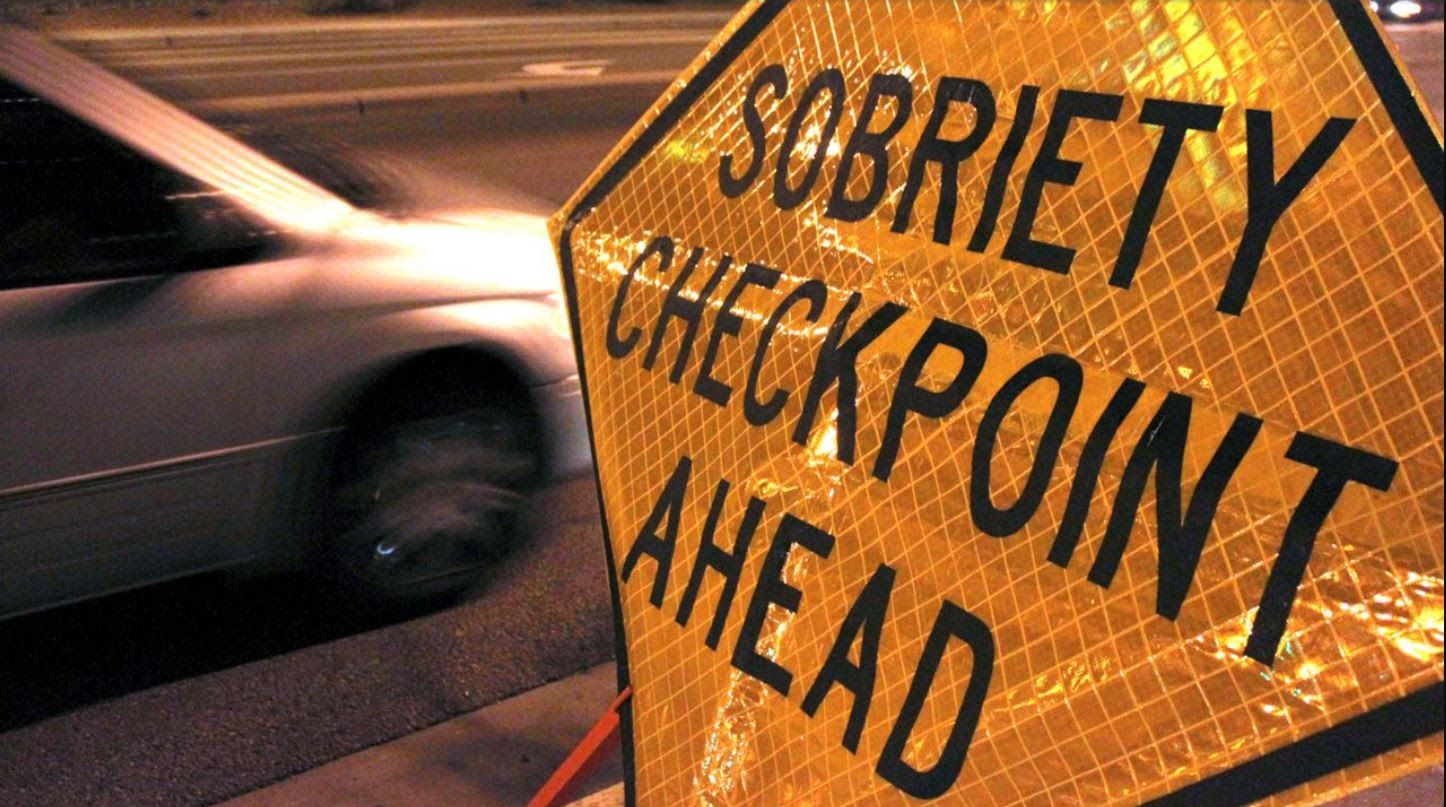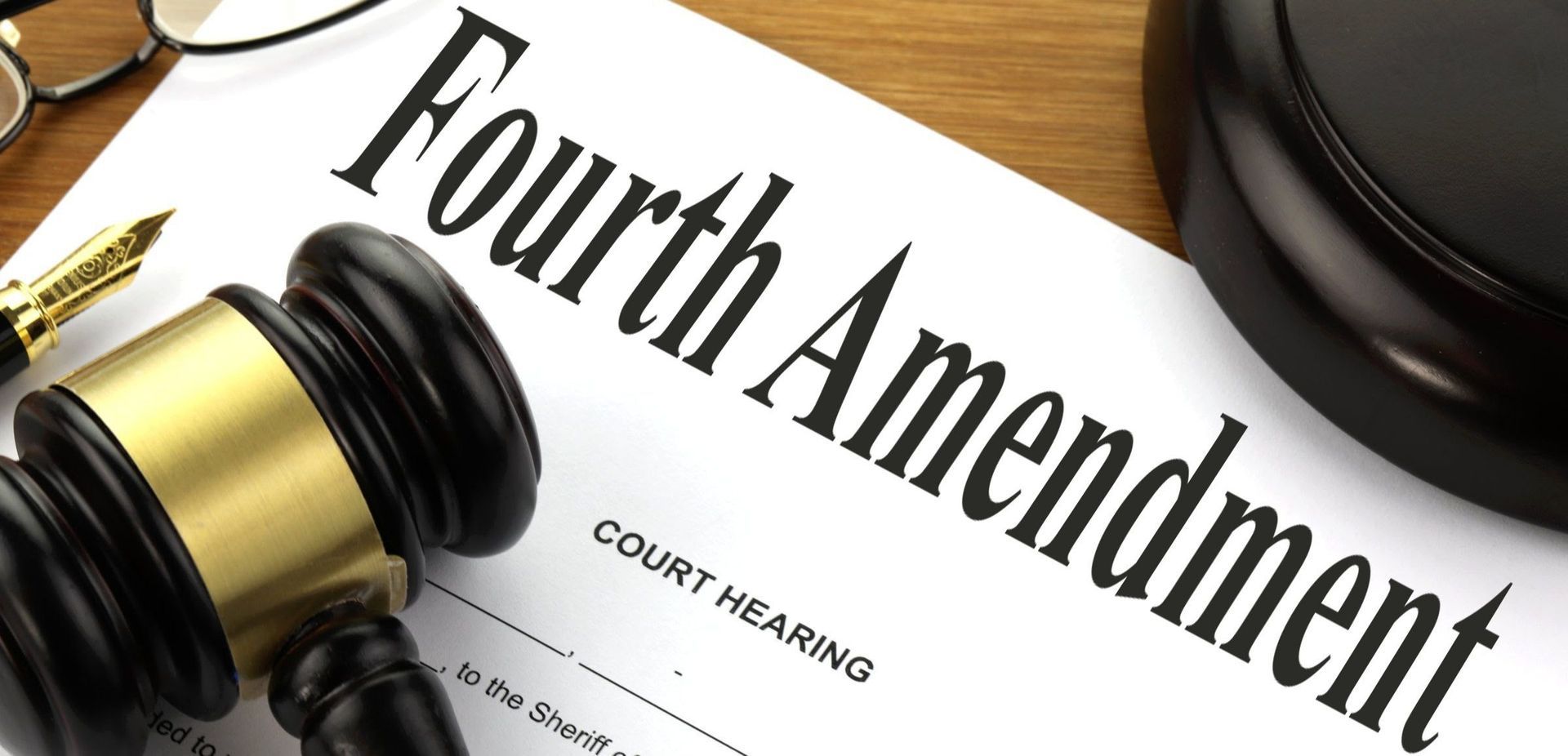Driving While Intoxicated
Drunk Driving laws in New York

It’s one of the offenses that I call an “any man” crime; it can happen to any man. It’s certainly not the kind of offense that someone wakes up and decides to commit; it’s a crime of recklessness and poor judgement, but it is unfortunately all too common and carries severe consequences.
If you drive while intoxicated – whether by alcohol, marijuana, or worse - you are risking not only your own driving privilege and safety, but the safety and the lives of everyone else. On top of all that, if you are not a citizen, you also risk legal residence in this country.
Consider further: you may be able to accept your own death because of a mistake you made, but could you accept taking the life of another, an innocent person whom you did not intend to hurt? All too often, the ones who die in collisions involving drunk drivers are not the drunk drivers themselves. On top of the other repercussions, they often have to live with the knowledge that they killed someone.
What are some common consequences of DWI?
You could have your license suspended, or even revoked. You could do time in prison. You could be fined. You could be required to install an ignition interlock device or be mandated to attend counseling sessions and victim impact programs. Your insurance will probably increase, and if you end up with a criminal record from it, you could face long-term employment barriers.
What happens if I get a DWI as a non-citizen?
In all likelihood, you wouldn’t be able to renew DACA even under the lowest penalty level, and you could be rendered inadmissible at the higher penalty levels – in these scenarios, you will need to reach out to an immigration attorney (and we have a few in our network) because the government is very likely to initiate removal proceedings.
Isn’t it better to refuse a breath test than to create evidence that can be used as evidence against me?
In fact, this is the one situation which is quite the opposite. The law says that anyone who operates a motor vehicle in New York State "shall be deemed to have given consent" to a chemical test for alcohol and/or drug content. Refusal to submit to a lawful breath/chemical test is, by itself and regardless of the outcome of any other charges - an automatic 1 year license revocation and a $500 fine… for a first offense. It’s therefore better to take the test and then hire an experienced attorney who can negotiate or litigate the charges to achieve a better outcome.
What are the different offense levels for DWI in New York?
Traffic infraction:
Driving while ability impaired is considered a traffic infraction rather than a crime. However, the penalty can include a fine of 300-500 dollars and a jail stay of up to 15 days (that potential jail sentence triggers immigration problems even though this is not considered a crime in New York State).
Misdemeanor DWI:
Driving while intoxicated, Aggravated driving while intoxicated*, driving while ability impaired by drugs, and driving while impaired by a combination of alcohol and drugs (or two+ different drugs).
-These are only misdemeanor offenses for a first offense, with no prior convictions of a vehicular vehicular assault, or homicide within ten years. These are punishable by a $500 fine and/or one year imprisonment.
*Aggravated driving while intoxicated falls into two different scenarios: the first is a BAC of 0.18% or greater. This is a misdemeanor under the same conditions as above, but the maximum fine is $1,000.
Felony DWI:
Any of the above offenses with a prior conviction of the same within ten years, or a prior conviction of a vehicle-based assault or homicide within ten years, or a first offense of the second scenario of aggravated driving while intoxicated is an E Felony, with a fine between $1,000 and $5,000 and/or a possible prison sentence of up to 4 years.
-The second scenario of Aggravated driving while intoxicated is when there is a minor in the vehicle.
If there are two such prior offenses within ten years, or three within fifteen years, the new offense is then a D Felony; $2,000 to $10,000 fine and/or imprisonment up to seven years.
This is merely an introduction to the extensive legal framework for driving while intoxicated in New York State. These offenses have additional provisions regarding for-hire vehicles, buses, commercial trucks, and for drivers under the age of 21. The best way to protect yourself is to never drive after drinking, especially if you are not an American citizen. But the second-best way to protect yourself is to hire an attorney if you are charged with doing just that.
What should I do if I've been charged with drunk driving?
Because of this tiered structure, as with many criminal offenses, an attorney can advocate and negotiate for a reduced or alternative conviction in the end. This can mitigate some of the long-term repercussions of making what may be the worst mistake of your life.



